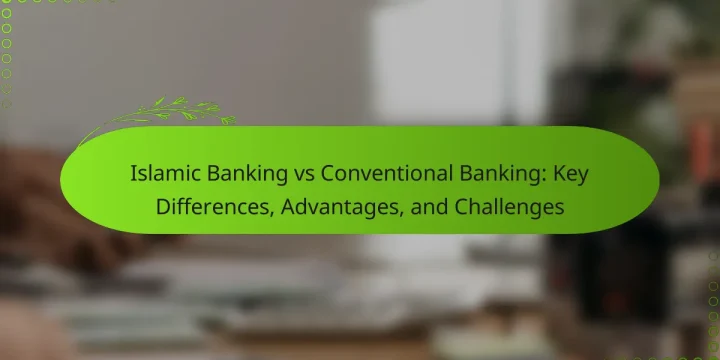
What are Halal Investments? Halal investments are financial activities that comply with Islamic law, or Sharia. They must avoid industries such as alcohol, gambling, and pork. Halal investments also prohibit interest (riba) and excessive uncertainty (gharar). Instead, they focus on ethical and socially responsible ventures. Examples include investments in real estate, technology, and healthcare. The aim is to generate profit while adhering to Islamic principles. Halal investment markets have seen significant growth, reflecting increasing demand among Muslim investors. This growth underscores the importance of ethical finance in today's economy. How do Halal Investments differ from traditional investments? Halal investments differ from traditional investments primarily in adherence to Islamic law. Halal investments avoid industries like alcohol, gambling, and pork, which are prohibited. Traditional investments do not have such restrictions. Halal investments…








